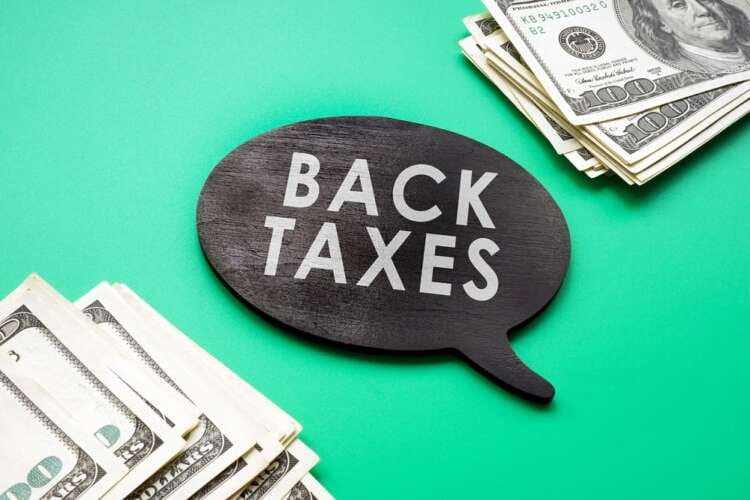
Owing money to the IRS in the form of back taxes can be a stressful situation. There are many reasons why you might not have been able to pay, from a medical emergency to the loss of a job. Either way, you will not only be responsible for paying back what you owe but also any interest or penalties that may accrue. And the longer it takes you to pay, generally, the higher these will be.
While things might seem hopeless at times, that’s not the case. You have several different options to think about and consider when it comes to dealing with IRS back taxes. With that in mind, this article is going to take a closer look at some things you can do if you owe the IRS back taxes to improve your situation.
A Payment Plan

If you are struggling to pay your back taxes, the IRS offers a debt forgiveness program that can help make things more manageable and provide you with the tools you need. One of the best tools and options provided by the IRS is to set up a payment plan to pay your taxes back (check Tax Law Advocates to learn more).
Instead of having to pay all of your back taxes in one lump sum, you can pay them off over time. This is generally much easier to stomach and budget for than having to pay everything in one fell swoop.
This can be a short-term plan with a payment period of under 120 days, or a long-term plan that extends longer than that. If you choose a long-term plan, you will agree to pay a certain amount every month to the IRS until your tax debt is paid off.
An Offer in Compromise
Another option you have is to make an offer in compromise. This allows you to settle your tax debt for less than the total amount. So if you owe $15,000, you could offer to pay off $8,000 and have the remaining amount forgiven. This can be a great way to save money and get out of trouble much easier.
You will need to be able to prove that you are unable to reasonably pay the taxes in full, as simply asking to pay less when you can easily afford the whole thing won’t generally work.
When coming up with your offer, don’t forget that the IRS isn’t required or forced to accept your offer. So while it might be tempting to try and get off with paying as little as possible, you still want to ensure the offer is fair and acceptable for both parties.
If not, you may simply be stuck paying the entire amount if they deny your offer. If you’re not sure how much you should offer, don’t hesitate to reach out to an expert in your area to help you work on the right offer.
Currently Not Collectible Status
If you are really struggling, you can attempt to place your account in Currently Not Collectible status. When your account is in this status, the IRS won’t attempt to collect from you and won’t garnish wages or levy assets. This can provide you with some relief until your finances are in a better spot and you can begin repaying the debt.
Of course, you need to be able to prove that paying back your taxes will cause you major financial hardship and hurt your ability to pay for basic living expenses. While this can be a helpful tool, it is important to know that while the IRS has stopped trying to collect the debt for the time being, they will not stop assessing interest or penalties.
Also, if your financial situation improves, they will generally attempt to collect the balance once again.
If you owe the IRS back taxes, these are three of the best options to consider to help improve your situation.


